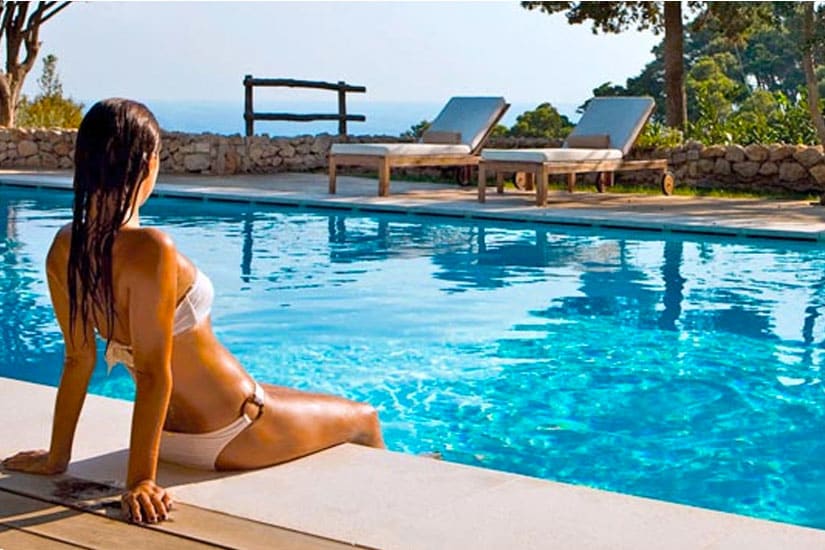MENUMENU
- Hot Tub
Products-
-
-
-
FROG Serene – Bromine
- FROG Serene Floating System
- FROG Serene In-Line System
- FROG Test Strips for Hot Tubs
-
Hot Tub Support Chemicals
- FROG Filter Mate
- FROG Jump Start
- FROG Maintain
-
-
-
- Pool
Products-
-
-
-
2K to 5K Gallons
- Flippin’ FROG
5K to 10K Gallons
- Flippin' FROG XL
-
Up to 25K Gallons
- POOL FROG Model 6100
- FROG Leap
- FROG Pool Tender
- INSTANT FROG
Up to 40K Gallons
- POOL FROG Model 5400
- POOL FROG XL PRO
- FROG Leap Twin
-
-
-
- Swim Spa
Products-
-
-
-
FROG @ease – SmartChlor
- FROG @ease for Swim Spas
- FROG @ease Test Strips
-
Swim Spa Support Chemicals
- FROG Maintain for Swim Spas
-
-
-
-
- Fresh Mineral
Water∞ - Water Care
Experts - Water Care
Blog-
-
Water Care Blog
-
-
-
-
-
-
-
-
-
-
-
-
-
- About
FROG - Contact
FROG






